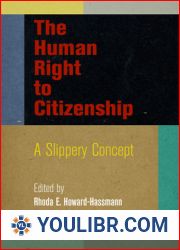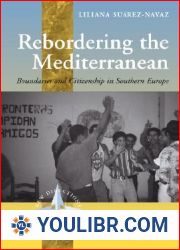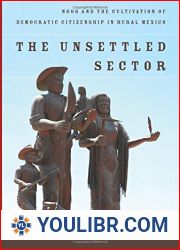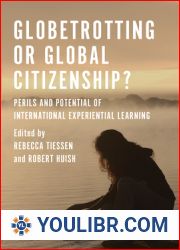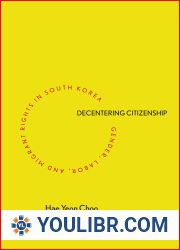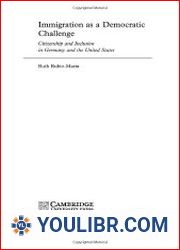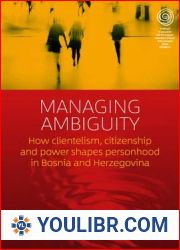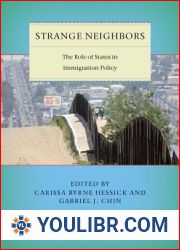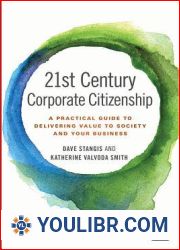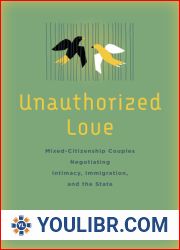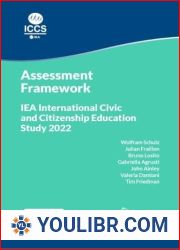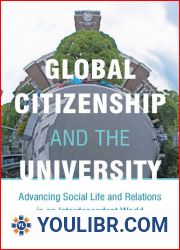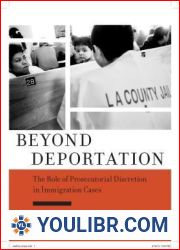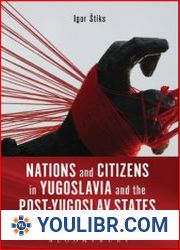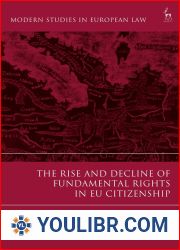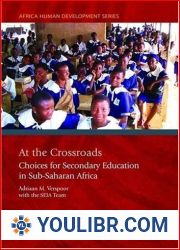
BOOKS - The Human Right to Citizenship: A Slippery Concept (Pennsylvania Studies in H...

The Human Right to Citizenship: A Slippery Concept (Pennsylvania Studies in Human Rights)
Author: Rhoda E. Howard-Hassmann
Year: June 30, 2015
Format: PDF
File size: PDF 2.3 MB
Language: English
Year: June 30, 2015
Format: PDF
File size: PDF 2.3 MB
Language: English
In principle, no human individual should be rendered the Universal Declaration of Human Rights stipulates that the right to have or change citizenship cannot be denied. In practice, the legal claim of citizenship is a slippery concept that can be manipulated to serve state interests. On a spectrum from those who enjoy the legal and social benefits of citizenship to those whose right to nationality is outright refused, people with many kinds of status live in various degrees of precariousness within states that cannot or will not protect them. These include documented and undocumented migrants as well as conventional refugees and asylum seekers living in various degrees of uncertainty. Vulnerable populations such as ethnic minorities and women and children may find that de jure citizenship rights are undermined by de facto restrictions on their access, mobility, or security.The Human Right to Citizenship provides an accessible overview of citizenship regimes around the globe, focusing on empirical cases of denied or weakened legal rights. Exploring the legal and social implications of specific national contexts, contributors examine the status of labor migrants in the United States and Canada, the changing definition of citizenship in Nigeria, Germany, India, and Brazil, and the rights of ethnic groups including Palestinians, Rohingya refugees in Bangladesh, Bangladeshi migrants to India, and Roma in Europe. Other chapters consider children's rights to citizenship, multiple citizenships, and unwanted citizenships. With a broad geographical scope, this volume provides a wide-ranging theoretical and legal framework to understand the particular ambiguities, paradoxes, and evolutions of citizenship regimes in the twenty-first century.Contributors : Michal Baer, Kristy A. Belton, Jacqueline Bhabha, Thomas Faist, Jenna Hennebry, Nancy Hiemstra, Rhoda E. Howard-Hassmann, Audrey Macklin, Margareta Matache, Janet McLaughlin, Carolina Moulin, Alison Mountz, Helen O'Nions, Chidi Anselm Odinkalu, Sujata Ramachandran, Kim Rygiel, Nasir Uddin, Margaret Walton-Roberts, David S. Weissbrodt.







